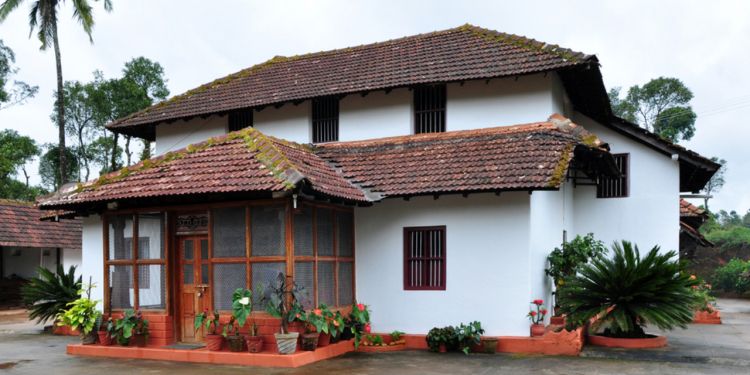
Buying a property in India could be a good idea if you plan to move there permanently. The process of buying property will not be easy, as there are several requirements and formalities that you will need to fulfil. It's important to note that foreign nationals are not allowed to own a property in India unless they possess a resident permit. The buying procedure involves legal technicalities, so it is highly recommended that you hire an experienced and reliable lawyer before proceeding.
Requirements to purchase property in India
As per Indian law, any individual who is not of Indian origin cannot own any immovable property in the country. Moreover, you will have to show evidence that you have stayed in the country no less than 183 days in a financial year to be considered a resident. Hence, a foreigner cannot buy a property with a tourist visa (tourist visa lasts for 180 days). Further, a non-resident Indian (NRI) or a foreign national of Indian origin (PIO) cannot buy a property jointly with a non-eligible foreigner.
Process of buying a property in India
The very first step towards buying a property is to obtain a resident permit which you get once you meet the criteria of 183 days stay in the country during a financial year. The residence permit has to be requested from the nearest immigration office to your place of residence or even to the official address of the property that you wish to purchase.
After you acquire a resident permit you will also have to apply for a special authorisation from the Reserve Bank of India for the purchase of the property. The whole process may take some time.
Once you become a resident of India, you will enjoy all the rights of an Indian citizen, including purchasing a property. However, this freedom is not applicable to the citizens of Pakistan, Bangladesh, Sri Lanka, Afghanistan, China, Iran, Nepal and Bhutan.
Any foreign company that has already established a branch office or other subsidiary business unit in India, in accordance with FERA / FEMA regulations, can also purchase property in India (see RBI FAQ). However, the property must 'be necessary for or incidental to' carrying on businesses and cannot be acquired to use it as a residential property to live in or rent.
After you have decided the property you wish to buy and agreed upon the price with the owner, you will have to establish a sale agreement. For this you will need to hire a real estate attorney who will draw an Agreement of Sale. The agreement must clearly specify the terms and conditions of the sale agreed between you and the owner along with the sale price.
Upon signing the agreement, you will have to pay a deposit amount to the owner that will range from 10% to 20% of the purchase price. The deed of transfer will then be issued before a sworn notary once all the details regarding the property have been verified. The deed of transfer must be stamped at the Stamp Duty Office before signing. After this is done, the remaining balance amount is settled and the deed is registered at the Sub-Registrar of Insurance whereby you will also have to pay a tax to the government.
The process of registering a property can be completed in around 44 days.
Note that you can settle the payment through a national bank as it will be safer and avoid any chances of malpractice or fraud in the transaction. The payment will then be unblocked as soon as the property is registered.
Fees
Purchase of property in India involves several fees, like notary fees, lawyer's fees, registration fees, taxes etc. The stamp duty that is payable on a property transfer varies between 4% and 10% of the total property price, depending upon the location of the property.
- 4% to 6% in New Delhi
- 5% in Bombay
- 6% in Bangalore
- 8% in Chennai.
The standard rate for registration fees is equivalent to 1% of the property's value, depending on its location. Finally, legal fees generally apply at around 1.5% of the property price.
Important tips
- Hire an experienced and reliable lawyer, notary and real estate agent.
- You can get all the relevant documents translated into your own language for better understanding.
- Make sure to confirm with your legal adviser that the property is not mortgaged or subjected to any arrears and it is registered in the name of the seller with whom you are dealing.
- Choose to make the payment through any national bank. You will have to justify the source of funds before the sale is registered. In all cases, you will have to notify the Reserve Bank of India.
- Take the advice of other professionals and experienced people in the real estate business to make sure the transaction is carried out in a legal way.
- Do not buy a property under any pressure and avoid making direct payment to the seller.
Useful links:
Reserve Bank of India - FAQ
Bureau of Immigration India
OLX
Quikr
Magicbricks
99Acres
We do our best to provide accurate and up to date information. However, if you have noticed any inaccuracies in this article, please let us know in the comments section below.








